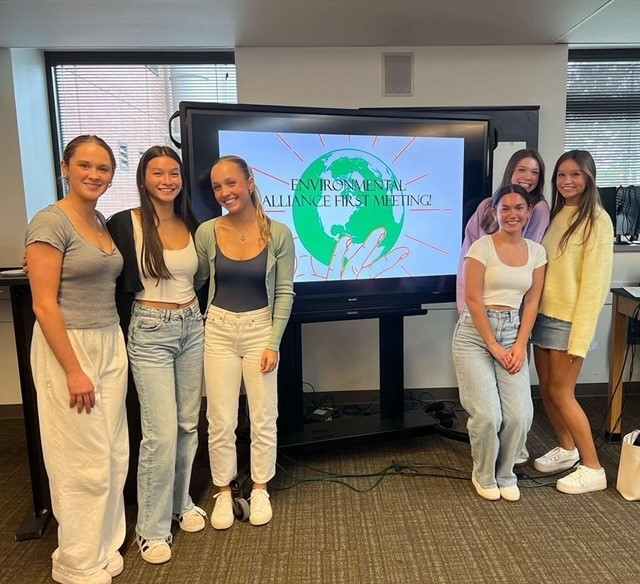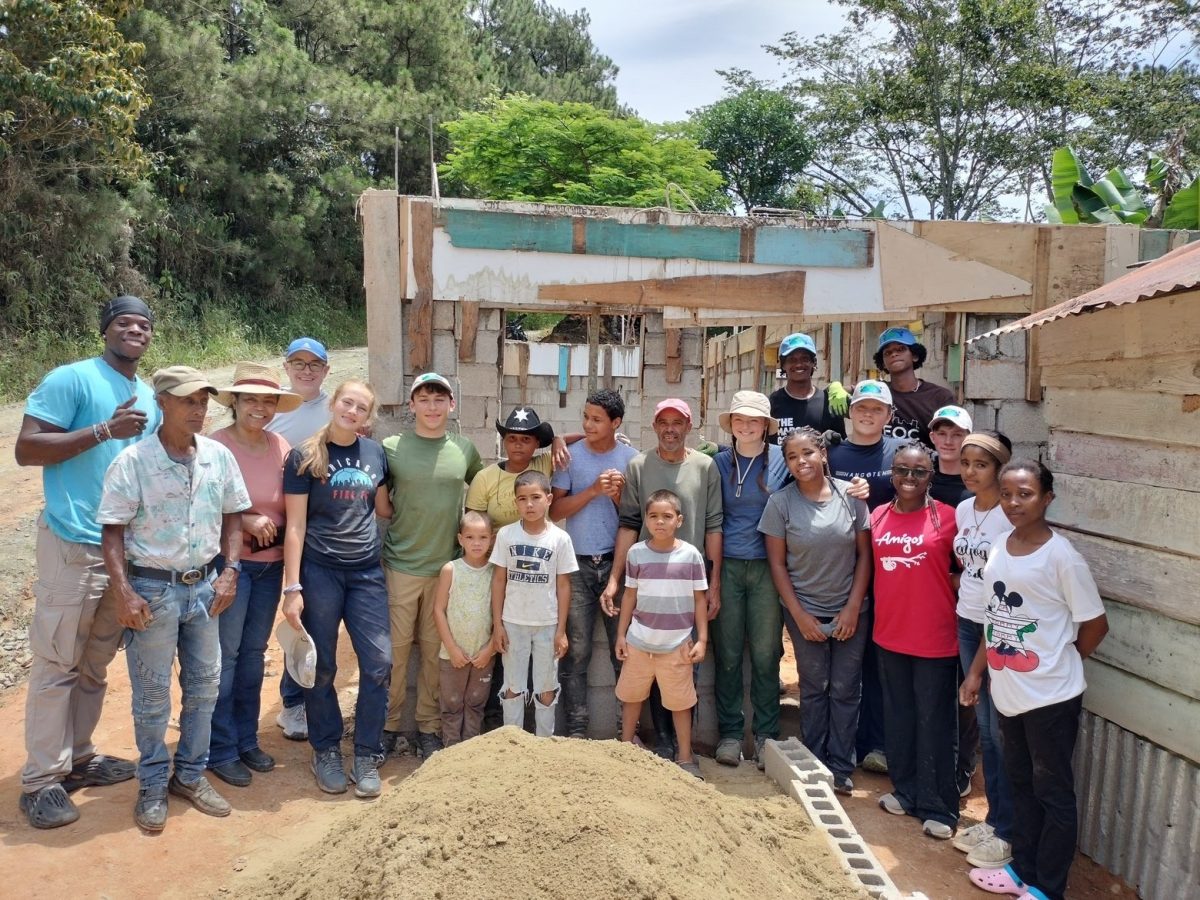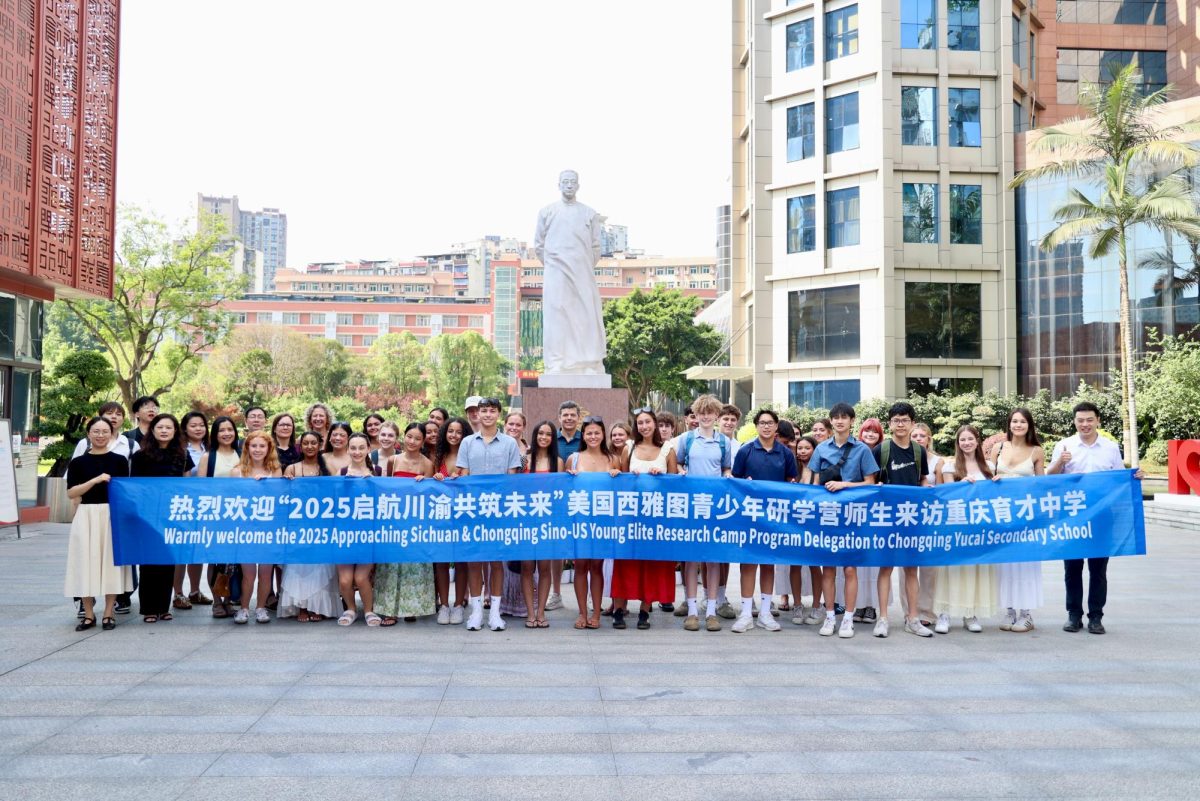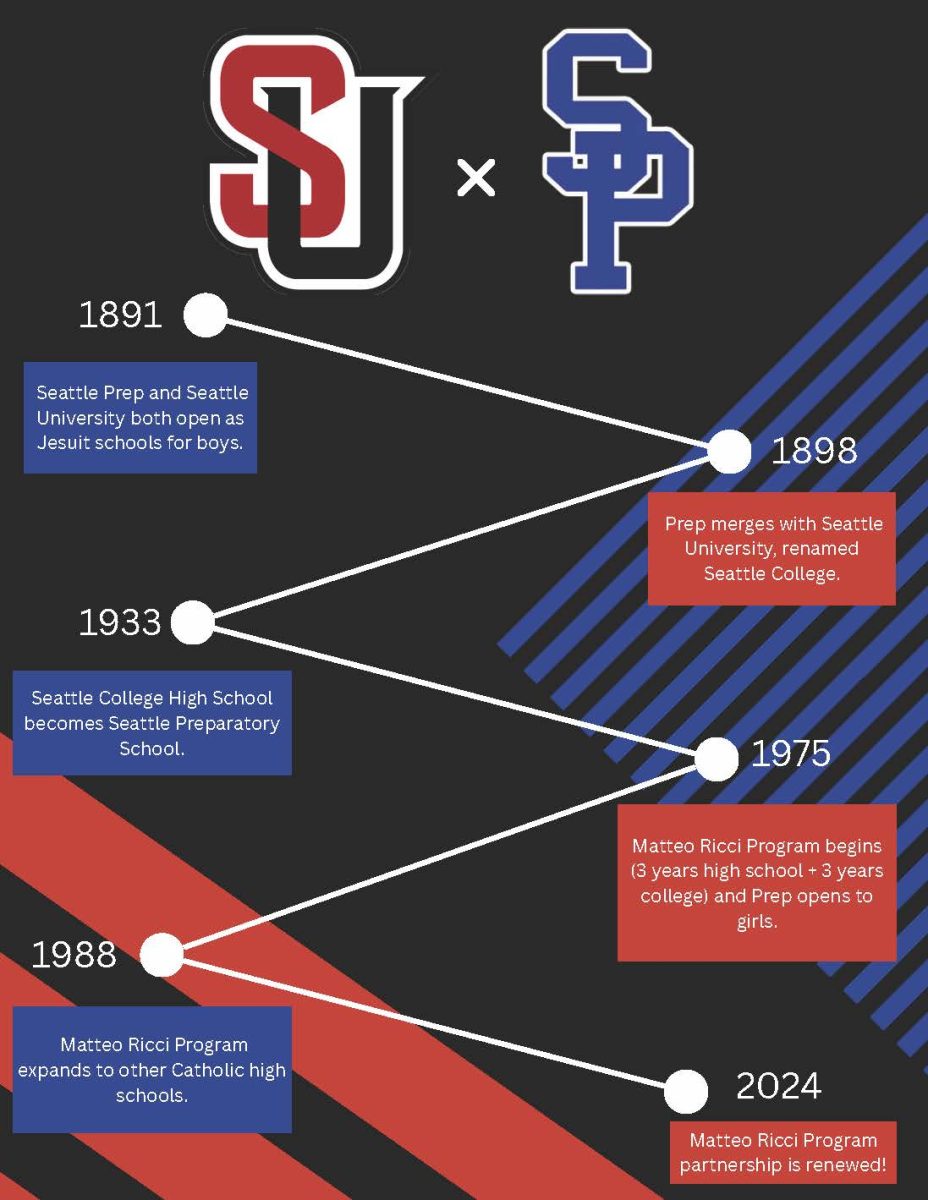The members of the Environmental Alliance Club embark on a mission to achieve ecological justice, inspiring the student body to continue their undertaking. In light of Peace and Justice Week, Environmental Alliance is planning a clothing swap to reduce waste, promote sustainable consumer choices, and support local organizations. The clothing swap is an ethical way to shop affordably without harming the environment.
According to James Evans, a writer focused on sustainability in the UK, the fashion industry is the second most polluting industry in the world, releasing about 10% of global greenhouse gas emissions. Production, packaging, and shipping processes all release carbon dioxide, rapidly warming Earth’s atmosphere. An alarming 87% of the fiber input used for clothing is disposed of in landfills or incinerated. Clothing is constantly wasted, increasing CO2 emissions, losing economic value, and leading to an uncontrolled increase in consumerism.
While the fashion industry is deteriorating the climate, it is also fueling the demand for sweatshops. Workers and children are illegally exploited, working tireless hours in inadequate conditions, and receiving little compensation. Many of society’s favorite brands are sourced from sweatshops, and every purchase permits businesses to dehumanize their workers.
Regardless of the effects of the fashion industry on the environment and its’ unethical practices, purchasing clothes is fundamental and exciting. Environmental Alliance is holding a clothing swap to introduce an immersive experience that promotes sustainable decision-making. Environmental Alliance leaders Ella and Justine Utz added, “People buy from fast fashion businesses and online shops because it’s convenient and easy, so we addressed this root cause by wanting to bring sustainable shopping to a convenient place that we go every day, school.” Students will bring any gently used, unwanted items to donate. Global Justice Coalition will partner with Environmental Alliance to organize the clothes as if it were a retail store. During the swap, the students who donated will be allotted a ticket representing the number of clothes they can take in return for free. The excess clothes will be donated to local charity organizations.
The clothing swap is an engaging way to teach students about their purchasing power as consumers and how to consider their options as they shop. The clothing swap encourages students to be accountable for their actions. As Christian Service Director and head of GJC, Ms. Miller shared, “I hope we can see that we don’t have to spend money or contribute to an industry to experience that delight.” The clothing swap is a stepping stone in the right direction to making more sustainable habits such as thrifting, sharing clothes, and supporting local eco-friendly shops.









Susie Beckett • May 9, 2024 at 10:59 am
When is the next swap? I have clothes that I would like to donate. Will it be posted in the weekly newsletter? Thank you